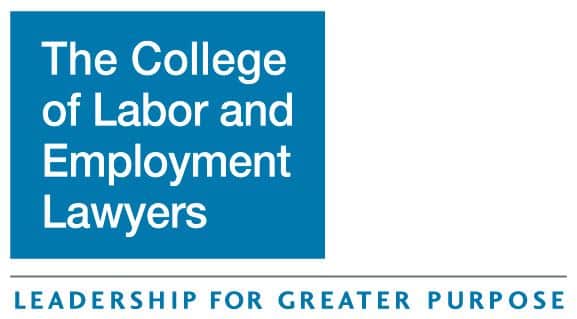Retain Legal Counsel in Missouri: Call 314-528-9661
According to the United States Department of Labor, if your company provides you with a lunch or break period, then your employer must pay you if you work during or through your break; it is illegal to not pay you if you are performing work-related duties during your lunch or meal period. Many employees might not be aware of their rights regarding break time during the workday, and even when they feel uncertain about their employers’ practices, they might not know where to turn or how to take legal action.
You can trust the team of skilled employment law professionals at Riggan Law Firm, LLC to handle your case of work during unpaid breaks aggressively and attentively. With over 30 years of combined legal experience, the firm can represent you in your wage and hour lawsuit and fight for your right to fair compensation.
Your Rights as an Employee
Many companies will allow a break or meal period for employees. Short breaks promote the efficiency of employees and are often treated as paid working time. However, be aware that a lunch period or break that is longer than 30 minutes is unpaid, and the employee may rest, eat, or leave their work area without being forced to perform work-related duties. If a meal period of 30 minutes or longer is not taken and the employee works through the shift, then the employer may be required to pay the employee for some or all of the break period under the federal Fair Labor Standards Act.
Note that while federal law requires employers to pay for short breaks an employee is allowed to take during the day, Missouri state law does not require employers to provide employees a break of any kind, including a lunch hour.
These provisions for establishing a break time may be:
- left to the discretion of the employer,
- agreed upon by the employer and employee or
- addressed by company policy or contract.
However, although breaks are not required, employers are still required to pay employees if they do choose to take short breaks (5-20 minutes). In other words, employers are not required to instate break times, but they are required to compensate for the break times if employees choose to take them.
Work with an Attorney
All employees are protected from wage discrimination by local, state, and federal regulations. If you feel that your employer has violated your compensation rights by failing to pay you during your short breaks on the job, you may have a legal claim for additional compensation; you should be able to take your meal periods and break periods without fear of having to perform work-related duties. Do not hesitate to contact a dedicated employment law attorney from Riggan Law Firm, LLC today if you have been incorrectly compensated.
Speak with an attorney at Riggan Law Firm, LLC about your case by calling 314-528-9661 or submitting an online contact form here.
Why Choose Riggan Law Firm, LLC
- Attentive Communication with Every Client
- Award-Winning Legal Defense
- Avvo Rated 9.5
- Over 30 Years of Combined Experience













